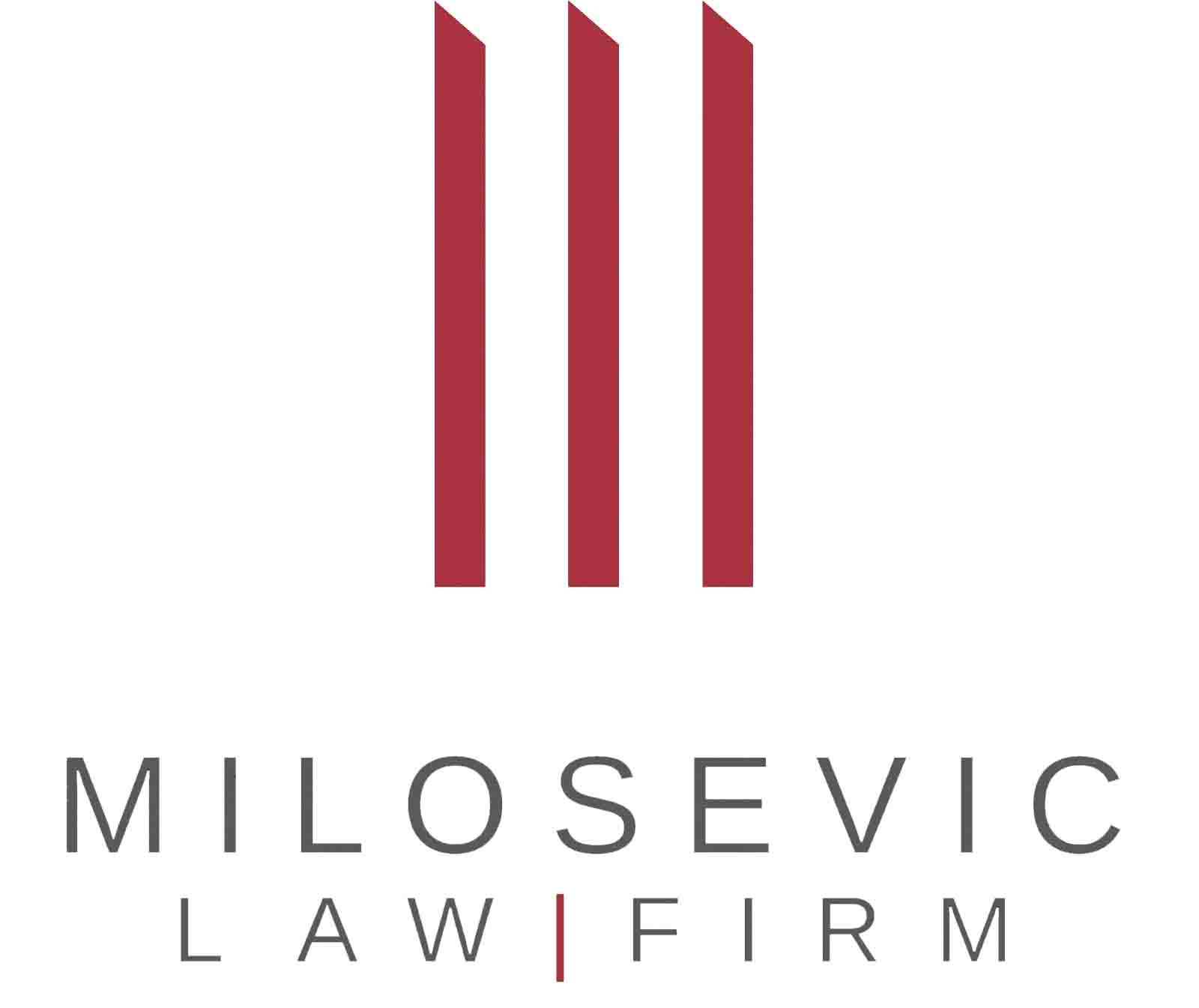Amendments to the Rulebook on Value Added Tax (“Rulebook”) entered into force on 1 February 2023, from which date there is an obligation to perform an internal calculation by the tax debtors for all services received free of charge (for business or non-business purposes) from foreign persons who are not liable for value added tax (“VAT”) in the Republic of Serbia.
The Rulebook stipulates that provisions related to the use of goods and other provision of services do not refer to the supply of services performed by a foreign person who is not a VAT payer without compensation in the Republic of Serbia, but rather to the tax debtor, i.e. the recipient of services for each transaction of services without compensation that person calculates VAT at the prescribed tax rate and pays the calculated VAT in accordance with the Law on VAT.
When it comes to the method of determining the tax base for transactions carried out for a fee, the Rulebook more precisely determines the method for determining the market value for the purposes of determining the tax base on which VAT is calculated in connection with fees or part of the fee that are not realized in cash.
It is further prescribed that a VAT payer which carries out sales of goods and services for which a tax exemption is prescribed with the right to deduct the previous tax, issues an invoice in which he does not show information about the amount of the base, the tax rate that is applied, the amount of VAT calculated on the base and a note that the billing system is applied for the turnover of goods and services. However, the aforementioned is required to enter the tax exemption certificate number of the Tax Administration if the tax exemption for that turnover is achieved on the basis of that certificate.
The Rulebook now also prescribes the situation in which the VAT payer issues an invoice for sales that is partly subject to VAT and partly exempt from the obligation to calculate VAT. In the mentioned case, for the part of the turnover that is taxable with VAT, the invoice should show the tax base for calculating VAT and the calculated VAT, and for the part of the turnover that is exempt from VAT, it should show the amount of compensation.
Amendments are also foreseen in the part that refers to situations when, after the sale of goods and services, the compensation for that sale is changed. In that case, the VAT payer issues a document on the increase or decrease of the fee, i.e. a document on the increase or decrease of the basis.
Also, if after the advance payment there is a change of the tax debtor in accordance with the Law on VAT, the VAT payer who made that transaction issues an invoice showing the total amount of the base, without VAT, and the recipient of goods or services calculates VAT for that transaction in accordance with the Law on VAT. The VAT payer from the previous section, i.e. the person who performed the transaction of goods and services, has the right to cancel the advance payment invoice, as well as to correct the calculated VAT, if he has a document from the recipient confirming that he has corrected deduction of the previous tax, i.e. that he did not use the VAT on the advance payment invoice as previous tax. In addition to the aforementioned changes, the Rulebook also regulates new rules regarding the issuance of invoices, i.e. electronic invoices, as well as new rules on when there is no obligation to issue an invoice, as well as many other novelties.

Recent Comments